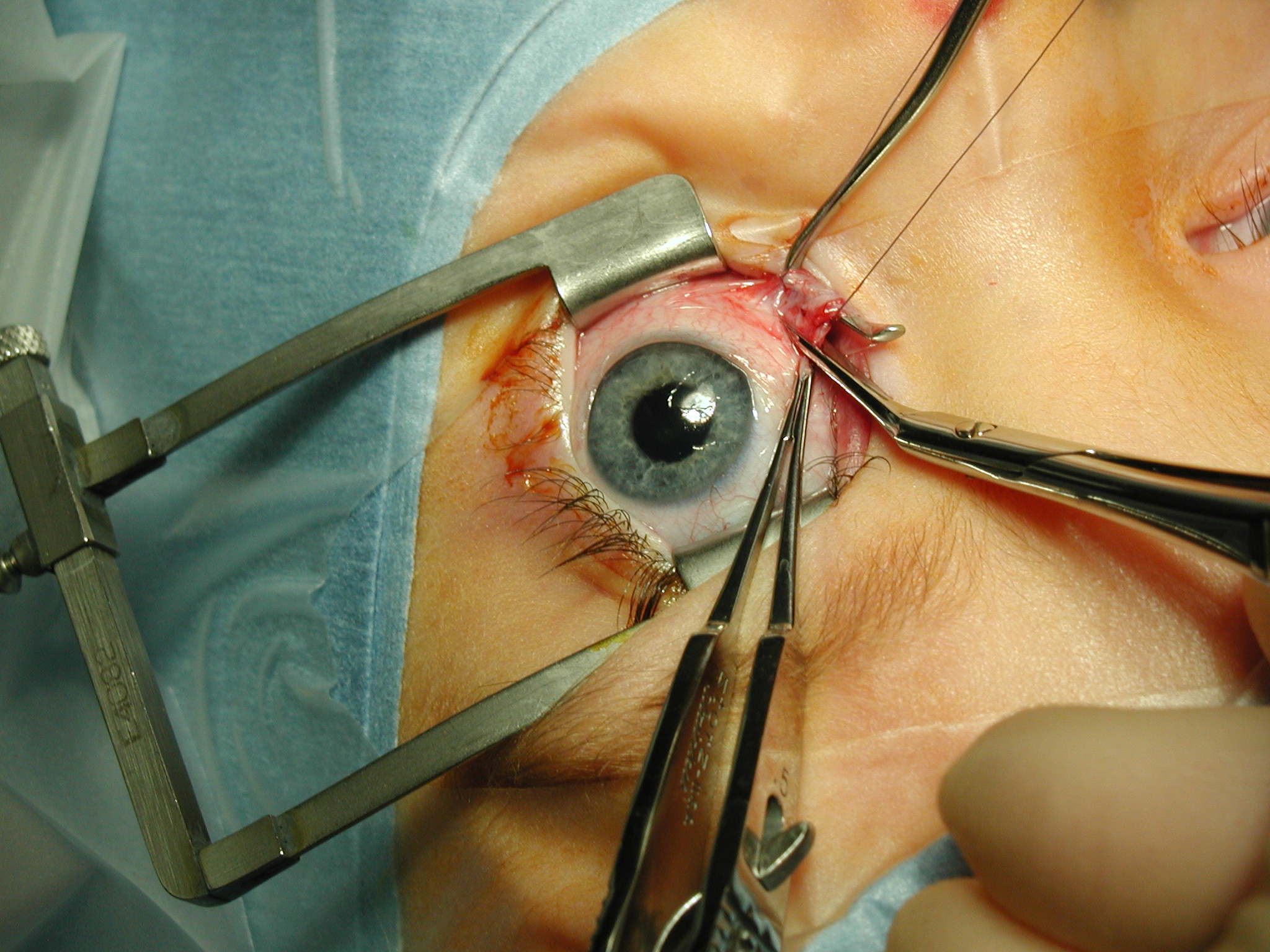 |
| Strabismus was found to have a significant impact on psychosocial and functional well-being in adults. Photo: B. Navez/Wikicommons. Click photo to enlarge. |
A recent study exploring the reasons behind surgical correction delay in adults with strabismus found that more than one-third of patients had not been offered an intervention by their healthcare provider. Other reasons identified included fear of surgical complications, lack of affordability and failing to seek care.
Seventy-nine patients 18 and older who had strabismus for at least one year prior to surgical correction were included in the study, conducted in Jordan, as well as 40 controls without known visual defects. Following their preoperative ophthalmic exam, patients were given a validated questionnaire to collect sociodemographic data, reasons for surgery delay and motivations for seeking treatment now.
An Arabic version of the Adult Strabismus-20 (AS-20) questionnaire was presented to both patients and controls, according to the study authors who calculated and analyzed total AS-20 (and its subscales: psychosocial and function) scores.
Data revealed the following reasons for strabismus surgery delay: surgery was not offered by an ophthalmologist (35.4%), surgery was offered but declined by the patient due to fear of surgical complications (22.8%), surgery was too expensive (17.7%), surgery was offered but refused because patients thought they were too old for surgery, patient was not bothered by their appearance (15.2%) and patient never sought care (8.9%).
The patients reported the following reasons for seeking surgical treatment after this delay: cosmetic issues (27.8%), a better understanding of strabismus surgery and its potential complications (20.3%), pressure from family and friends (16.5%), improved economic status (13.9%), relationship/marriage prospects (13.9%) and improved chances of getting a job (7.6%).
When looking at total AS-20 and its psychosocial and functional subscales, the researchers found that the patients with strabismus had significantly lower mean scores compared with healthy controls. Additionally, significantly lower AS-20 total scores were observed among females and patients with large deviation size, according to the researchers.
Females, patients with younger age of onset and those with large deviation size had a significantly lower psychosocial subscale of AS-20. A lower functional score was associated with female gender, large deviation size, vertical deviation and diplopia.
“Strabismus has a profound psychosocial and functional impact on affected individuals, especially females and patients with large deviation sizes,” the study authors concluded in their paper. “Many adult patients with strabismus tend to delay surgical correction; most of these delays could be avoided by better public education, increased awareness among healthcare providers and changing health insurance policies to cover the costs of strabismus surgery.”
Al-Omari R, Jammal HM, Khader Y, et al. Adults with longstanding strabismus: psychosocial and functional impacts and reasons behind surgery delay. J Ophthalmol. June 16, 2022. [Epub ahead of print]. |

